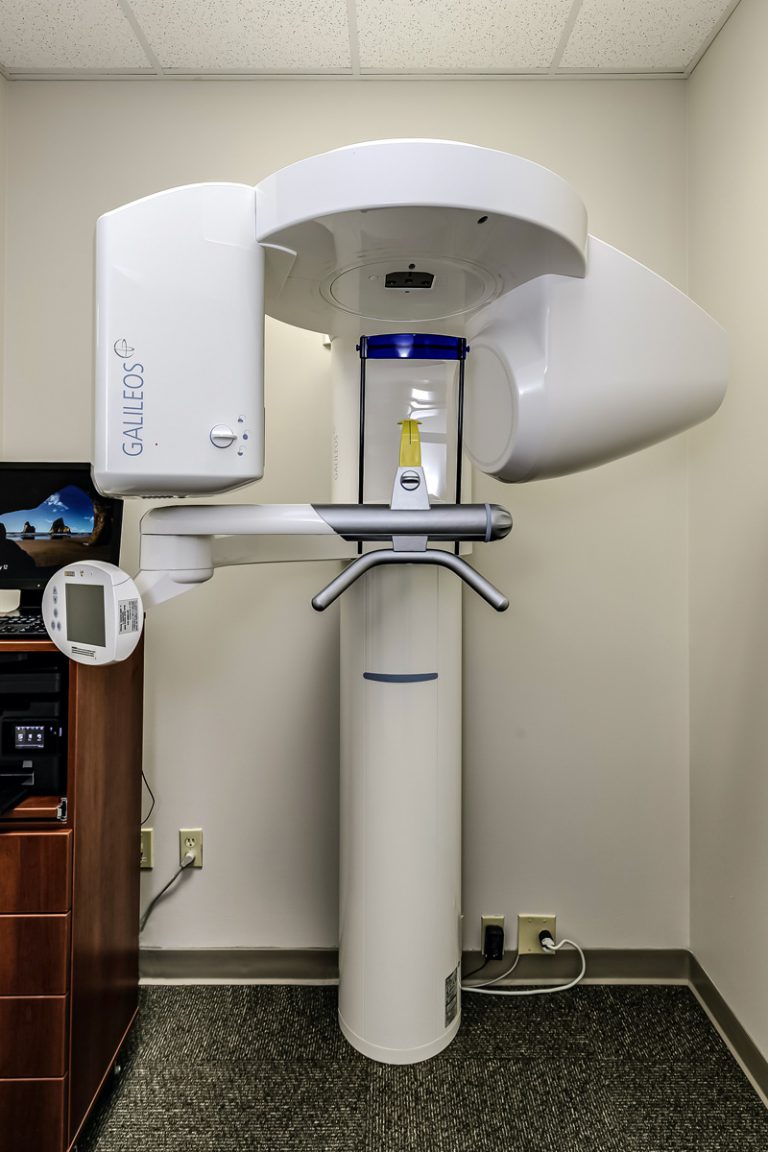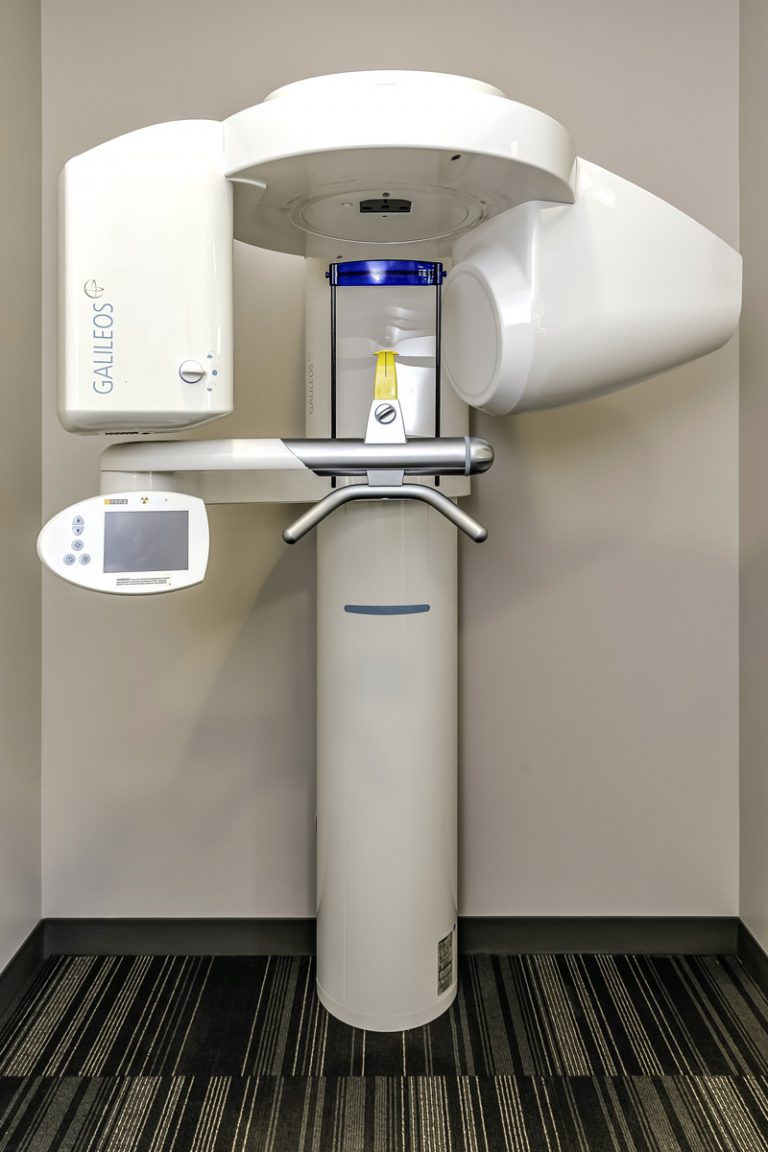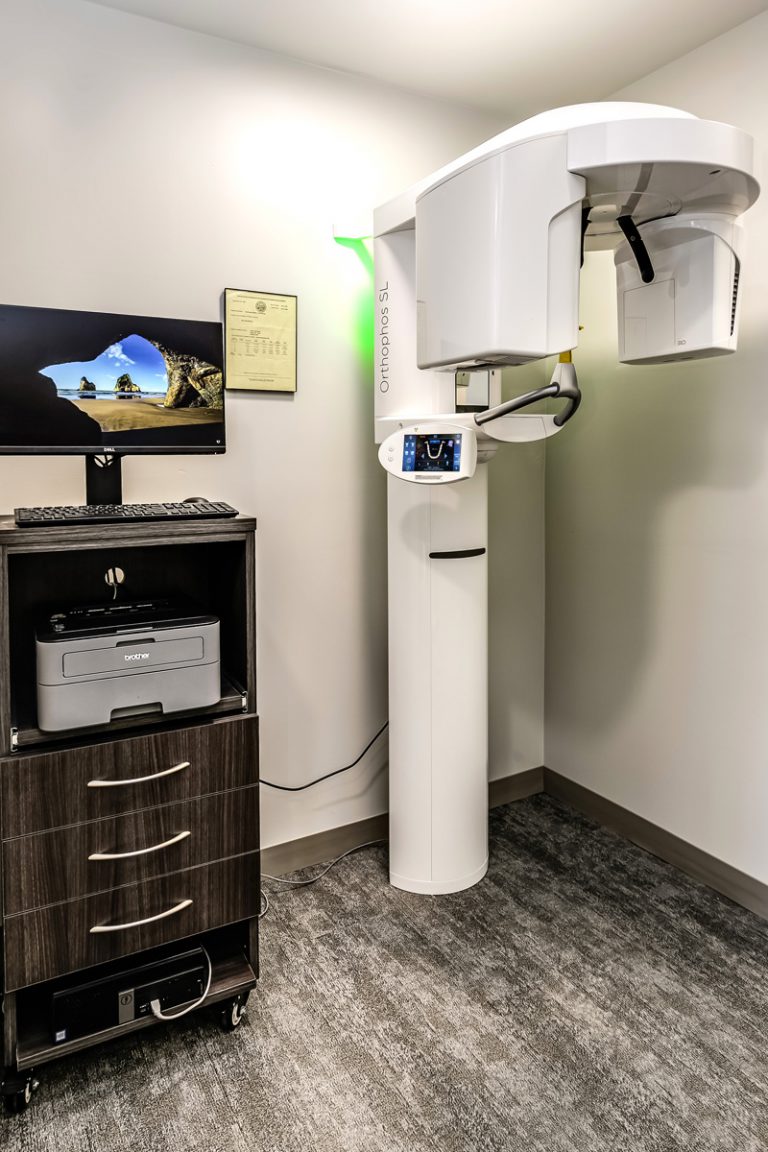To Neurontin Online Visit Our Pharmacy ↓

Monitoring Side Effects: Knowing What to Watch for
By reducing anxiety, Neurontin enables individuals to better focus on their goals, make clear decisions, and improve their overall productivity. One of the main advantages of Neurontin is its relatively low risk for drug interactions, making it a safer choice for individuals on multiple medications. Neurontin, known generically as gabapentin, is a commonly prescribed medication used for managing certain types of seizures and nerve pain. Both drugs bind to calcium channels in the brain and impact the release of neurotransmitters that contribute to pain perception. While the exact mechanism of action is not yet fully understood, research suggests that Neurontin may provide significant benefit to those with fibromyalgia. The journey into the realms of anxiety management with Neurontin unfolds an intriguing chapter in psychiatric care, as the medical fraternity explores its potential to fill the void left by conventional treatments. However, some patients have reported experiencing side effects such as dizziness, drowsiness, and weight gain.
Neurontin: How It Works
Personal accounts often highlight a reduction in the frequency and severity of migraine attacks, providing a beacon of hope for those who have long suffered. The lack of FDA approval for this indication means less regulatory guidance on dosing, duration, and patient selection, leading to variability in how the drug is used. Even Sarah, hesitant at first, praised the decreased "pill burden" and fewer side effects. Some common side effects of Neurontin include dizziness, drowsiness, and fatigue. This individualized approach helps in establishing a balance where the therapeutic benefits of Neurontin are maximized, ensuring you receive the greatest possible relief from your symptoms. It's important for patients to work closely with their doctor to find the best treatment plan for their nerve pain, which may or may not include Neurontin or Lyrica. However, the medication's influence extends beyond its antiepileptic intention; it has shown promise in exuding a tranquility akin to serene landscapes absent of the tumultuous storms of anxiety.
Potential Side Effects and Safety Concerns of Neurontin
It is often described as a burning or shooting sensation and can be difficult to manage. This medication has been proven to be highly effective in reducing the frequency and severity of seizures in patients with epilepsy, providing them with a better quality of life. Understanding the link between neurontin and weight is crucial for individuals taking this medication. Neurontin works by blocking the abnormal activity of the damaged nerves, thus relieving pain and restoring the quality of life for individuals suffering from this debilitating condition. It is typically considered when standard treatments show insufficient efficacy or when patients experience intolerable side effects. Neurontin is also used off-label for the treatment of anxiety, sleep disorders, and neuropathic pain due to its sedative effects. The healing properties of Neurontin extend beyond physical ailments.
Comparing Neurontin with Other Anxiety Treatments
It is important to talk to a healthcare provider about recommended lifestyle changes and any potential interactions with Neurontin. While both drugs have similar side effects ranging from dizziness and drowsiness to weight gain and vision changes, the dosages and mechanisms of action differ slightly, making one drug more effective for some people than the other. Neurontin (gabapentin) represents a divergent approach to migraine prophylaxis compared to traditional medications such as beta-blockers, anticonvulsants, and antidepressants. In a clinical trial, participants who took Neurontin experienced a significant decrease in the number of migraine attacks compared to those who received a placebo. By calming excited neurons, Neurontin can stabilize nerve activity, which intriguingly, has sparked interest in its potential for addressing sleep disorders like insomnia. These experiences underscore the complexity and individuality of migraine treatment, illustrating that while Neurontin stands as a promising option for many, it is not a one-size-fits-all solution and may not replace the need for personalized treatment plans. In rare cases, more serious side effects such as suicidal thoughts and allergic reactions have been reported.
Expert Opinions and User Experiences with Neurontin
The medical community must grapple with the potential for conflicts of interest, such as pharmaceutical companies influencing prescribing behaviors for financial gain. Avoiding high-calorie and processed foods can also make a significant difference in managing weight while taking Neurontin. While Neurontin is generally well-tolerated, it's not without risks, and a comprehensive understanding is your best shield against potential complications. Peripheral neuropathy, a common nerve disorder characterized by numbness, tingling, and pain in the extremities, can significantly impact a person's quality of life. While not formally approved for these uses, Neurontin’s ability to influence neurochemical pathways has made it a topic of interest in psychiatric circles. While these conventional options focus on the stabilization of neurotransmitters or inhibition of certain pathways associated with migraine generation, Neurontin operates through a unique mechanism, modulating the release of excitatory neurotransmitters which may play a role in migraine development. It's crucial to communicate any adverse effects to your healthcare provider promptly.
Real-world Testimonials: Patients' Experiences with Neurontin
Neurontin, also known as gabapentin, has been on the market since 1993 and is approved for the treatment of seizures and nerve pain associated with shingles. Initially, this medication, also known as gabapentin, was approved to treat seizures and nerve pain, but its effects on sleep have garnered significant interest. By doing so, it can decrease the release of excitatory neurotransmitters in various brain regions, contributing to its calming effects. This binding action helps to stabilize electrical activity in the nerves, which can contribute to its potential anxiety-reducing effects. Its use has been particularly favored for neuropathic pain, a type of pain resulting from nerve damage, commonly found in conditions like diabetes and shingles. It is important to discuss any potential side effects with a healthcare provider before starting Neurontin. Research exploring gabapentin’s anxiolytic properties suggests it may modulate the activity of voltage-gated calcium channels, particularly within the alpha-2-delta subunit, which is thought to affect neurotransmitter release and nerve impulse transmission.
Conclusion and Final Thoughts on the Topic
Many patients find it helps stabilize mood swings, providing a smoother emotional baseline. This makes it a compelling alternative especially for patients wary of the hangover effects associated with stronger medications. Individuals with chronic anxiety have shared transformative narratives, speaking to the medication's ability to ease the relentless edginess prevalent in their lives, despite its initial indication for the treatment of seizures. While narcotics or "narcs" like opioids can effectively alleviate severe pain, they often come with a high risk of addiction and adverse side effects, commonly referred to as "junkie's itch." Neurontin, in contrast, operates differently by stabilizing electrical activity in the brain, reducing the perception of pain without the same addictive potential. It's important for users to consult with healthcare providers to weigh these risks against the benefits. By regulating these chemicals, it can help reduce the frequency and severity of migraines. Mark, a 29-year-old engineer, found Neurontin to be ineffective and experienced dizziness and fatigue, which prompted him to discontinue its use.
Potential Benefits of Neurontin for Sleep Issues
The Pharm Tech whispers the secret: it’s all in the Sig, the sacred text guiding each individual to their unique nirvana of calm. There have also been accounts of mood swings, which can feel like a heavyweight 'Happy Pill' hangover. Neurontin has also been found to have a positive impact on mental health. Common side effects include dizziness, fatigue, and coordination issues, which can significantly impact daily activities. Unlike his previous “happy pills,” Neurontin allowed him to manage pain without the hangover of traditional narcotics. Furthermore, Neurontin has been found to have neuroprotective properties, meaning it may help protect brain cells from damage and improve their ability to function optimally. Clinical studies have shown that Neurontin, also known as gabapentin, may be effective in treating symptoms of fibromyalgia.
Understanding Neurontin: What It Is and How It Works
When weighing Neurontin against traditional anxiety medications, distinct advantages and areas for improvement emerge. While the exact mechanism of how Neurontin works for migraines is still not fully understood, research suggests that it may help control the abnormal electrical activity in the brain that triggers migraines. Neurontin, generically known as gabapentin, first received FDA approval in 1993 for the treatment of epilepsy. This action is crucial for those suffering from anxiety, as it helps to dampen the overactive neurons that can contribute to feelings of anxiousness. Neurontin, also known as Gabapentin, has gained recognition for its significant role in mental health. Consequently, Neurontin has become a staple in managing conditions like diabetic neuropathy, postherpetic neuralgia (pain following shingles), and even certain anxiety disorders. The medication works by affecting the neurotransmitters in the brain, which can help stabilize mood and reduce anxiety symptoms for some individuals.
Understanding Neurontin: What Is Gabapentin?
The medication’s profile, which includes a relatively benign side-effect spectrum at prescribed doses, allows for a degree of safety in managed care settings. It has been suggested that Neurontin may enhance the release of certain neurotransmitters in the brain, such as gamma-aminobutyric acid (GABA), which plays a crucial role in regulating brain activity. When starting your Neurontin journey, it’s crucial to begin with an initial dosage carefully determined by your healthcare provider. Though not structurally similar to GABA, neurontin has been shown to increase the synthesis and synaptic accumulation of this neurotransmitter, thereby potentially dampening neural excitability and rendering a calming effect. It is important to talk to your doctor about any potential side effects and how to manage them. Neurontin works by affecting the chemicals in the brain that are involved in pain signals. Lyrica (generic name pregabalin), on the other hand, is a newer drug that works in a similar way to gabapentin, but has been found to be more potent and longer-lasting.










































